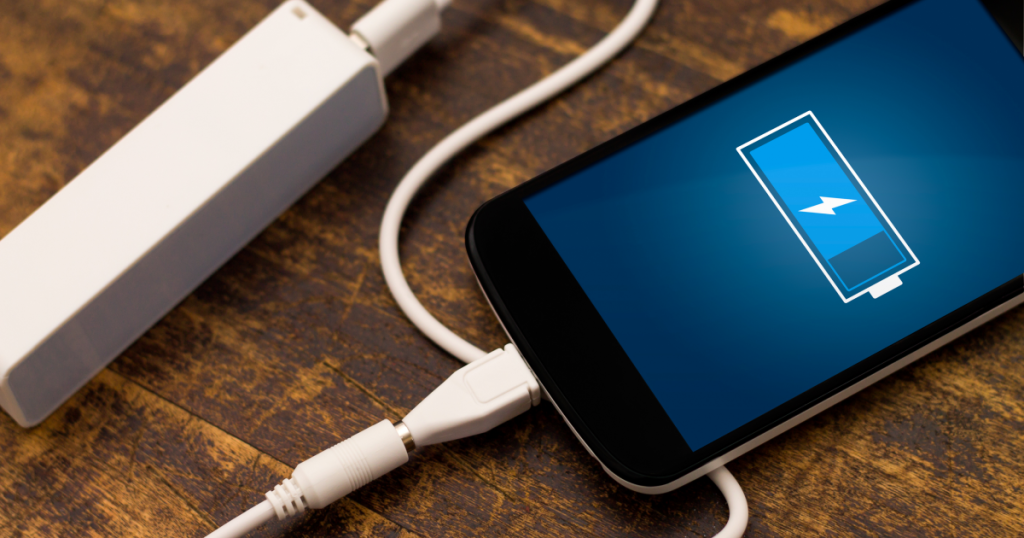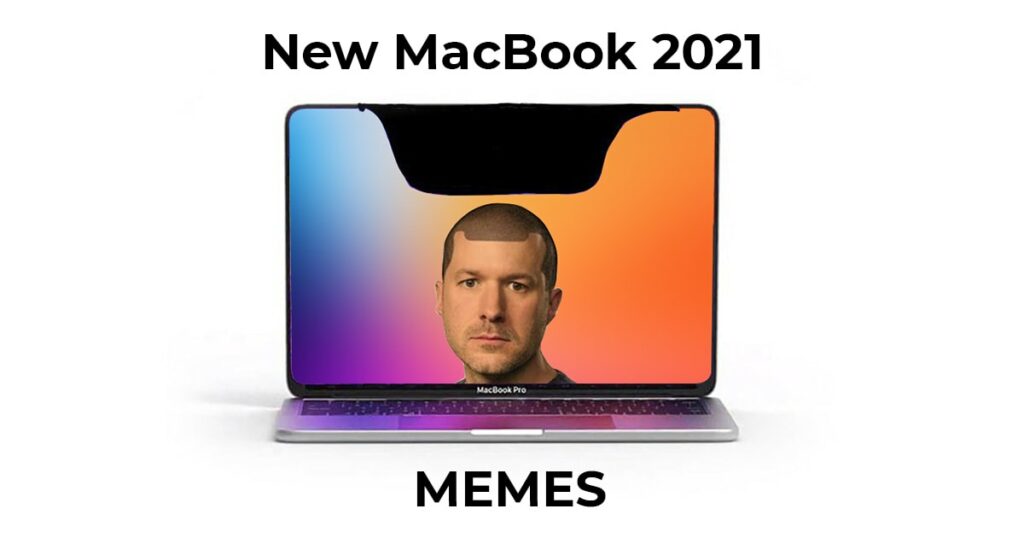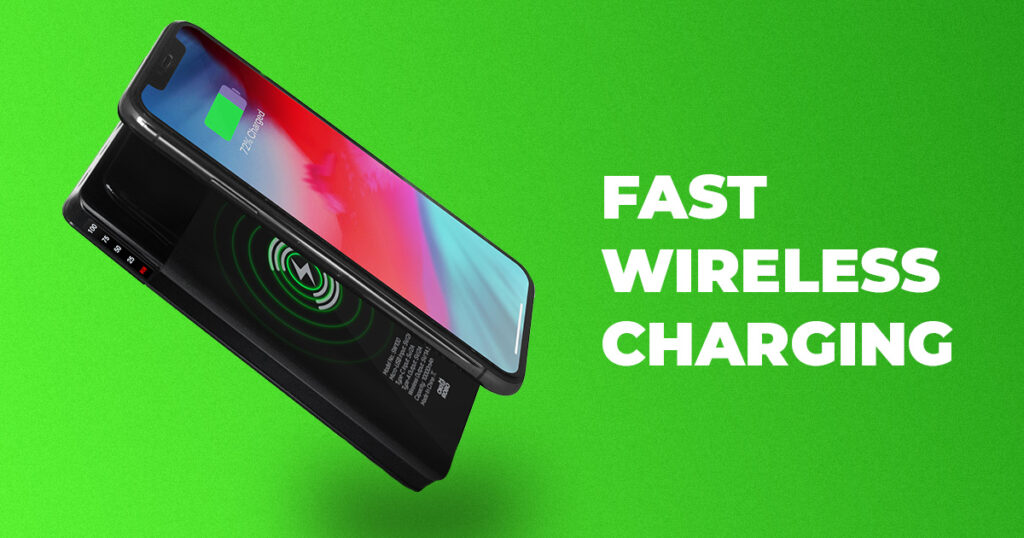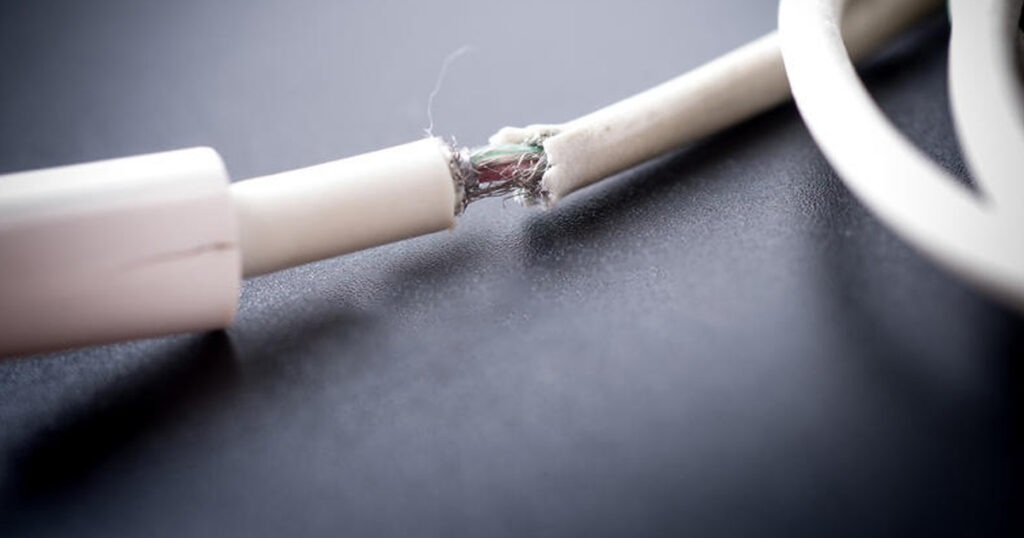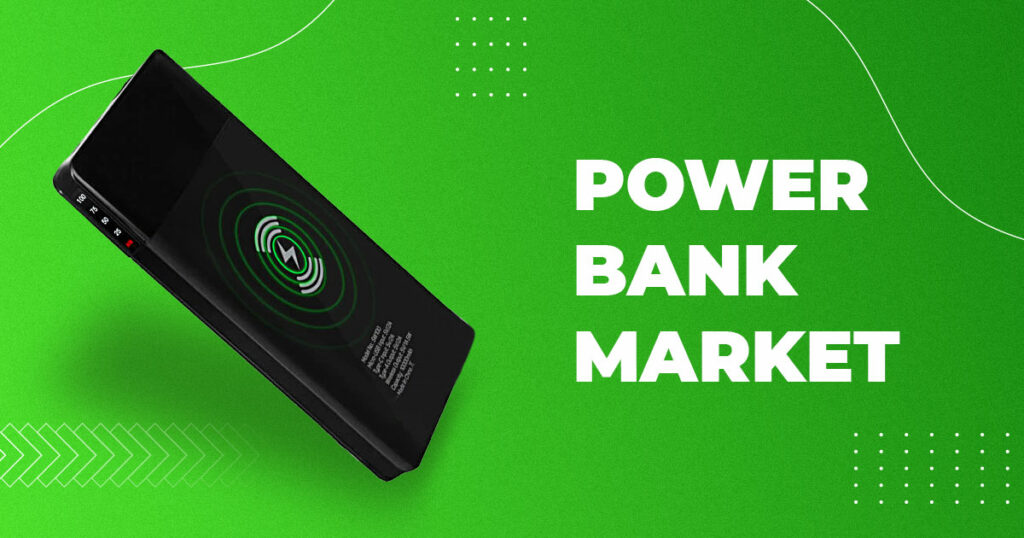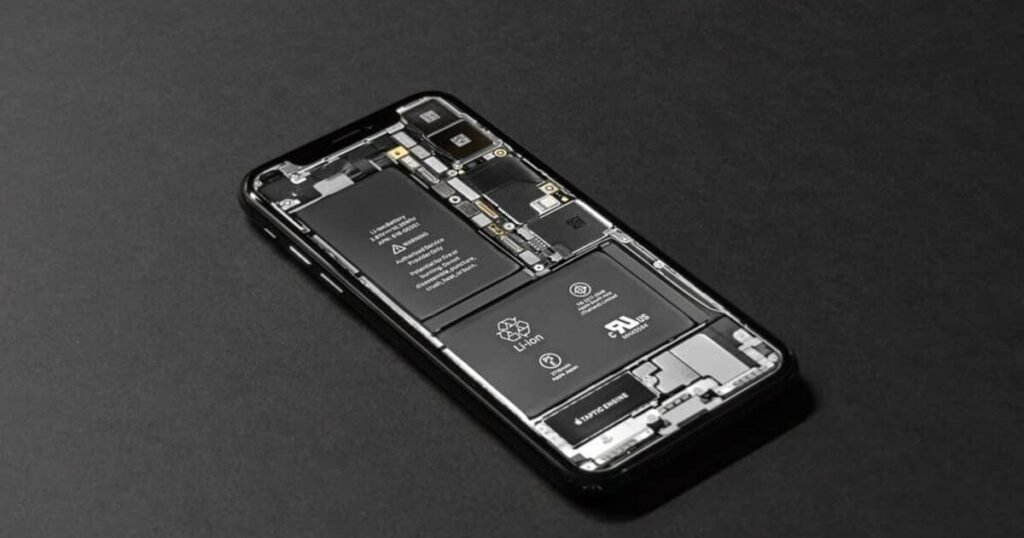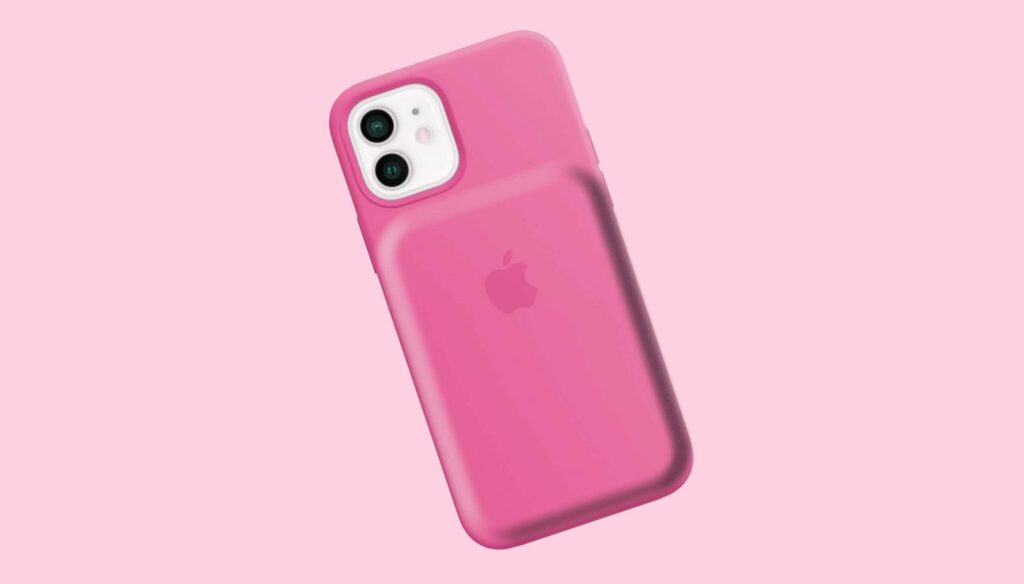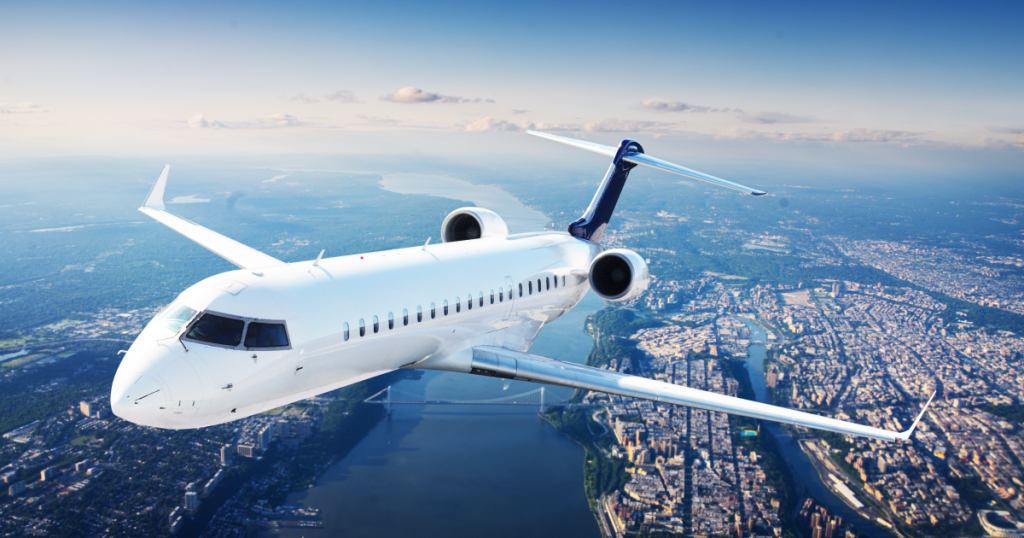
Can I bring rechargeable power bank on a plane, and where it’s better to carry it
If you are a traveler, you know that you want to have Power Bank in your suitcase or even in your hand luggage along with laptops, tablets, phones, and cameras. The only problematic questions are whether I can bring rechargeable power bank on a plane? Where is it better to carry it – in hand luggage or a suitcase? How to properly pack it and how to calculate its power? Can I use it while flying? There are a lot of questions, let’s find out some rules from air companies.
Modern travelers take a large amount of electronic devices . As a lot of them never stop working during the trip. You may know that various technical devices work on lithium-ion batteries. In the early 2010s, heavy use onboard and the erratic transportation of batteries often led to spontaneous combustion of batteries directly in the aircraft. Therefore, in 2013, the air companies tightened the rules for transporting power banks and other similar devices aboard. You can transport them, but strictly per established standards.
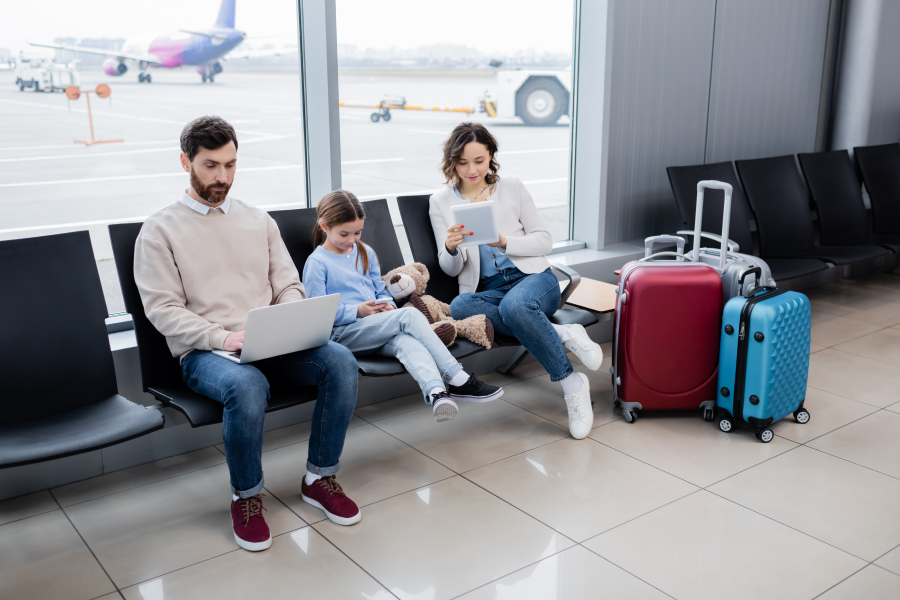
Why it may be dangerous to take rechargeable power bank on a plane with you
During the flight, the pressure on board changes dramatically, because of this, the power bank can catch fire and explode. It would help if you did not turn it on in an airplane, only transport in a non-working condition. The exception is equipment with low power – tablets and phones.
The “Flight” option will help the device work longer, thanks to which it consumes the charge more economically, up to 30%.
What are the rules as to the transportation of power bank
The rules of different airlines for the power banks and batteries transportation may differ. Some of them allow batteries to carry both in hand luggage and checked baggage. Usually, you can carry rechargeable power banks on a plane with a capacity of up to 160 Wh, subject to generally accepted standards, both in hand luggage and checked baggage. But they consider power banks over 160 Wh as dangerous goods.
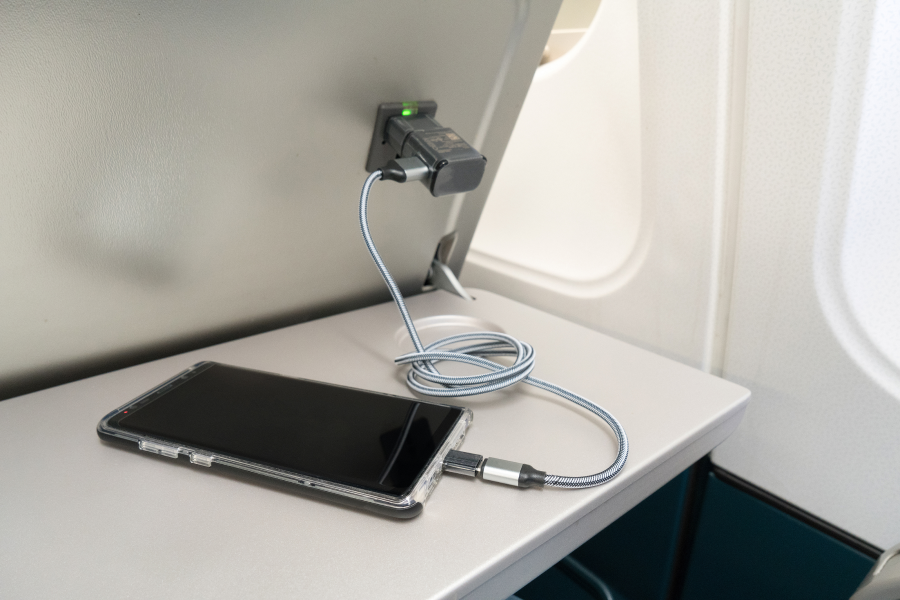
Why the officials of an air company can confiscate the rechargeable power bank on a plane
It may happen if you take a hydro scooter on the plane. The battery must be removed and packed separately from the device when transporting powerful equipment, such as a hydro scooter. If the battery is in a powerful machine that officials checked in as luggage (hydro scooter, laptop), you remove the battery from it, pack properly and take it with you aboard in hand luggage.
Airport officials may not let you on the plane or confiscate power banks and batteries if:
- You packed it in luggage, and this is prohibited by the airline’s rules – in most cases, you can carry external batteries and lithium-ion batteries only in hand luggage;
- On the battery, there is no information about the manufacturer, expiration date, and power marking;
- In hand luggage, more than two batteries from 100 to 160 Wh. As to batteries with a capacity of less than 100 Wh, you may carry them in quantities of up to 10 pieces.
Some devices have built-in batteries, so you cannot remove them. Then the airline representative must pay attention to this as such devices are dangerous. Sometimes you may not take such devices onboard under any circumstances.
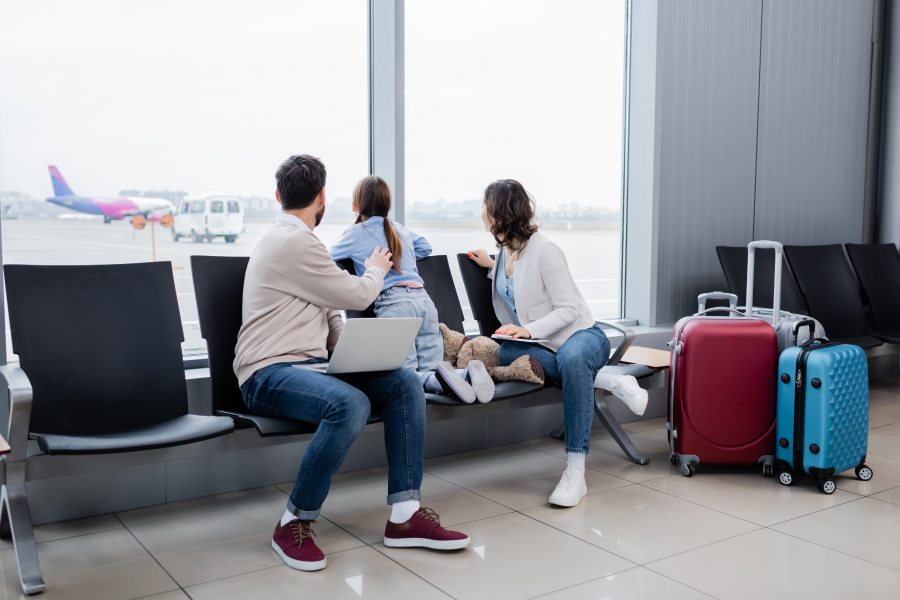
How to calculate the capacity of the device
The manufacturers usually indicate the capacity on devices in m/Ah. The air companies put it in W/h. To find out the battery’s capacity in W/h, you need to multiply the capacity in m/Ah by the voltage and divide by a thousand.
For example, the voltage of the power bank is 5v, and the capacity is 30000 m/Ah. When multiplying 30,000 by 5, we get 150,000, dividing by 1000 – the device’s capacity is 150 W/h. Usually, you may take the device with such capacity with you aboard. Please find more information about what are the best fast charging power banks here
Read this articles.


